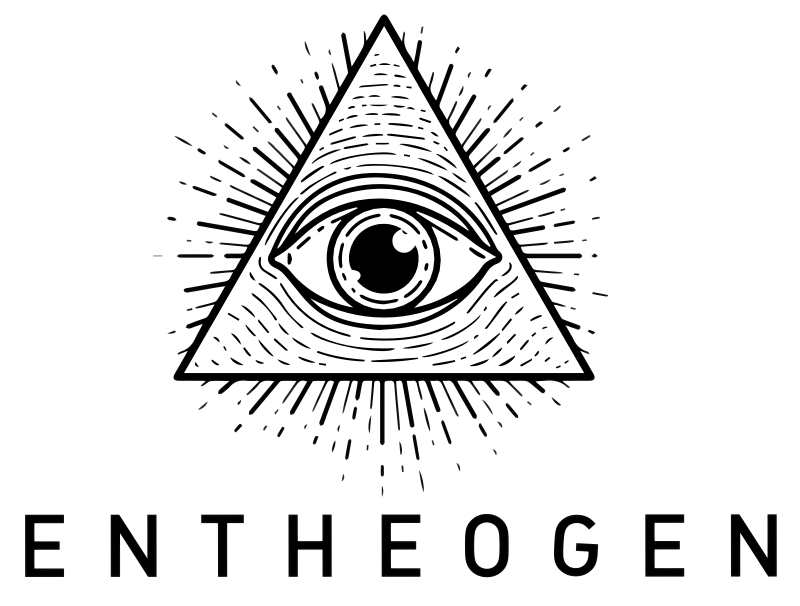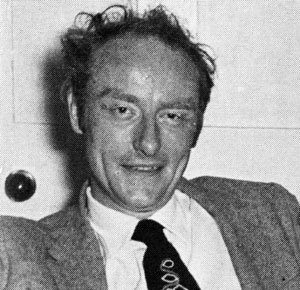Recorded on Feb 26, 2015
This is Entheogen: three human beings discussing generating the divine within while still being human beings. In this show we're discussing the Trip Treatment, an article in the New Yorker by Michael Pollan in the Feb 9, 2015 edition.
Topics:
- use of entheogens for terminal cancer patients, nicotine addicts, PTSD
- use of entheogens for "betterment of well people" (in the words of Bob Jesse)
- Roland Griffiths, trained as a behaviorist and holding senior appointments in psychiatry and neuroscience at Johns Hopkins University, is one of the nation’s leading drug-addiction researchers. Pollan quoting Griffiths: “There is such a sense of authority that comes out of the primary mystical experience that it can be threatening to existing hierarchical structures. We ended up demonizing these compounds. Can you think of another area of science regarded as so dangerous and taboo that all research gets shut down for decades? It’s unprecedented in modern science.”
- Robert Jesse, founder of Council on Spiritual Practices (CSP) in 1993, former VP of Oracle.
- Rick Doblin, founder of Multidisciplinary Association for Psychedelic Studies (MAPS) in 1986.
- Charles Grob, at U.C.L.A., who won F.D.A. approval in 2006 for a Phase I pilot study to assess the safety, dosing, and efficacy of psilocybin in the treatment of anxiety in cancer patients.
- David Nichols, emeritus professor of pharmacology at Purdue University and a founder of the Heffter Research Institute in 1993, key funder of psychedelic research.
- Robin Carhart-Harris and David Nutt of Imperial College, London. See prior coverage on the show: Entheogen 002: Psychedelic Research Renaissance, Part 2
Also:
- Roland Griffiths, a leading psychedelic researcher at Johns Hopkins University and the States of Consciousness Research Team is conducting an anonymous, web-based study to characterize experiences of personal encounter that might be described as "Ultimate Reality," "Higher Power," "God" or any aspect of the God of your understanding. If you’ve ever had such an experience, taking the Johns Hopkins survey could serve science and help others.



